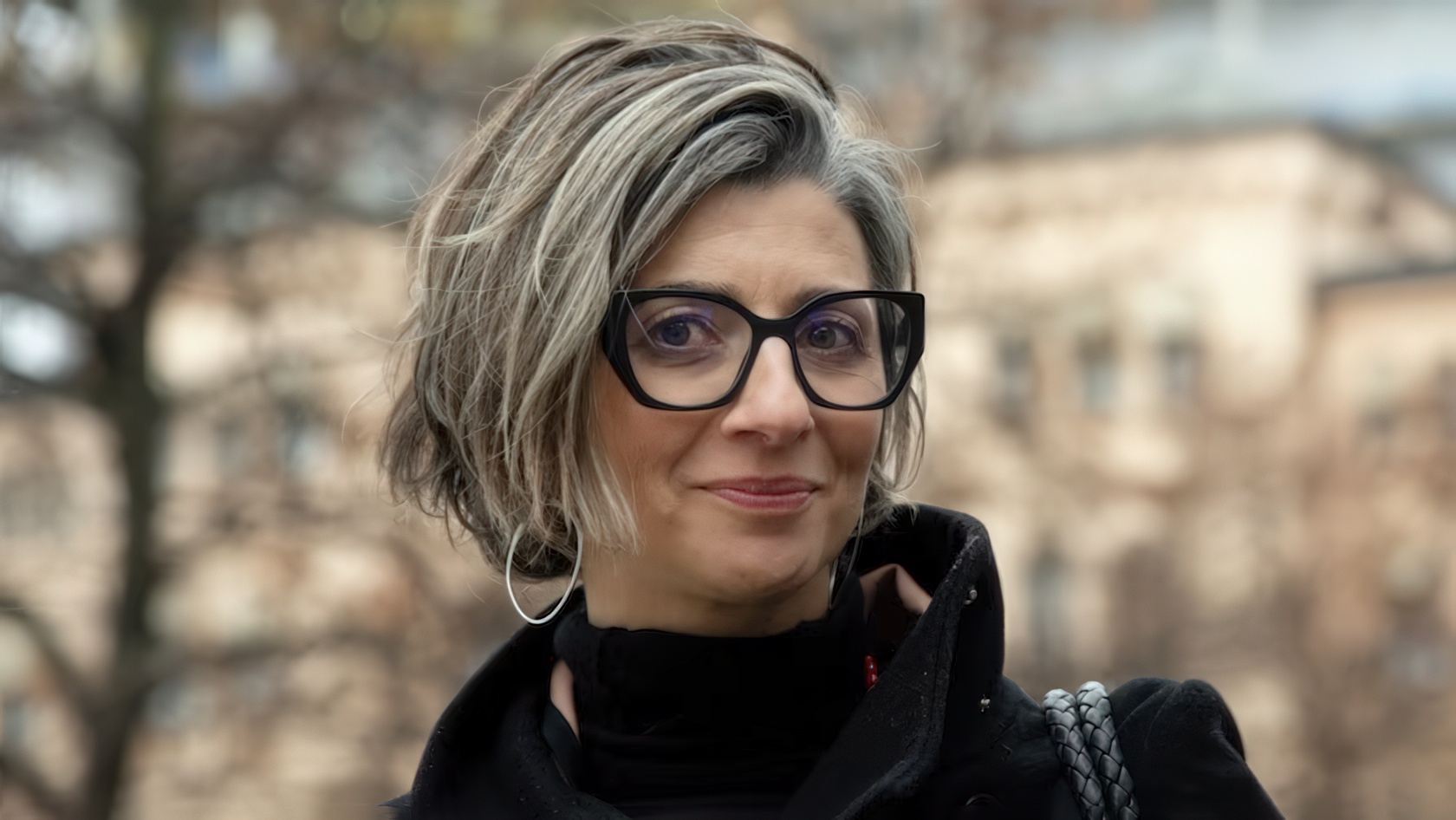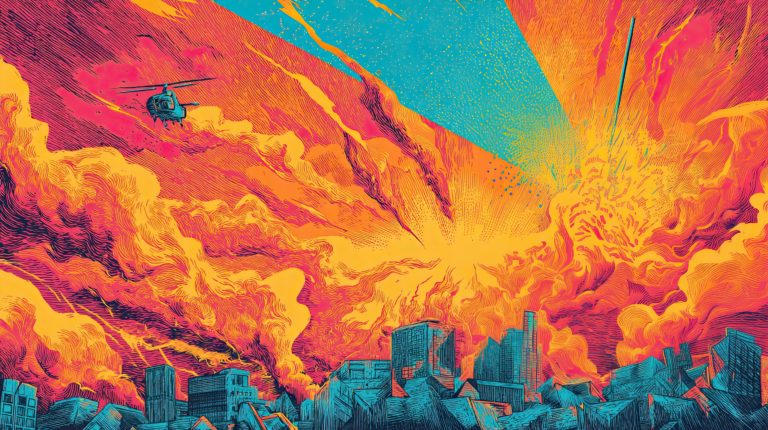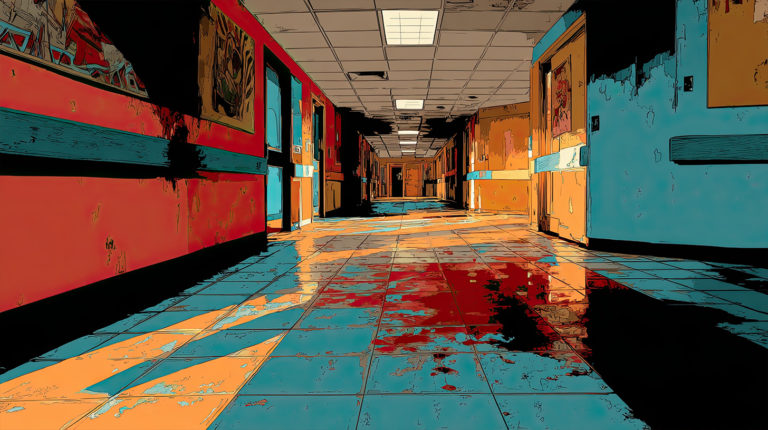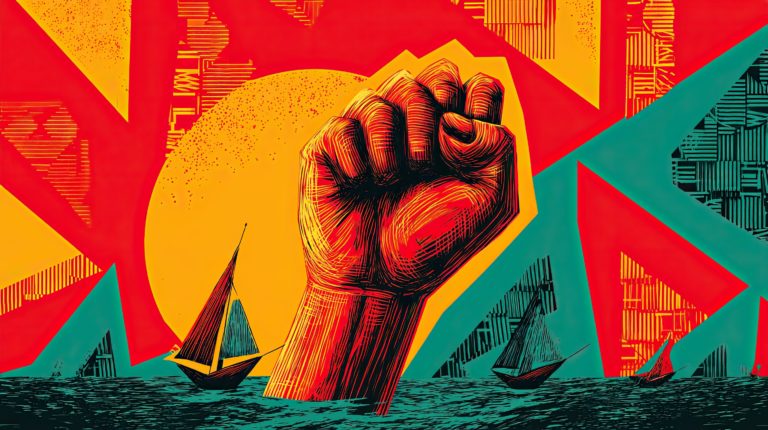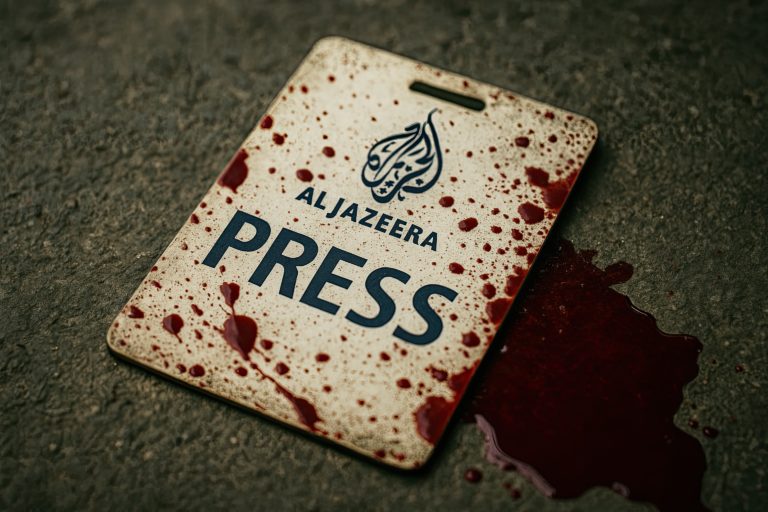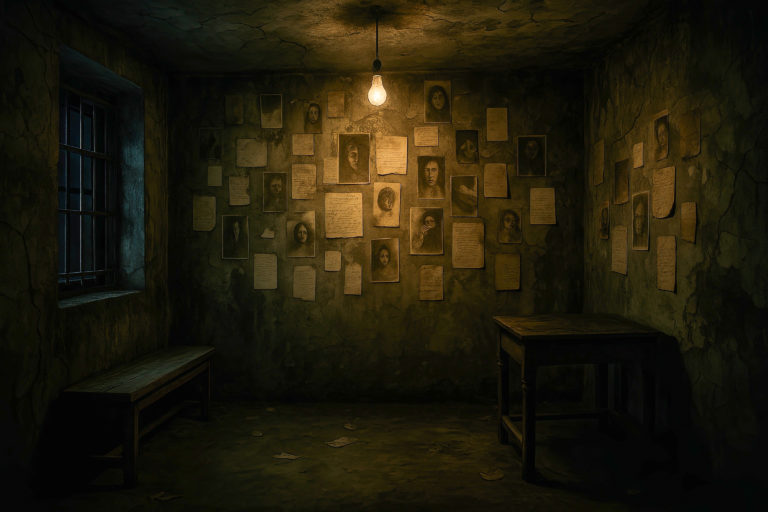Francesca Albanese: the voice the UN could not silence
A crucial vote in Geneva
On Friday 12 April 2025, at the conclusion of the 58th session of the Human Rights Council in Geneva, the United Nations confirmed the extension of Francesca Albanese’s mandate for another three years. As the Special Rapporteur on the situation of human rights in the occupied Palestinian territories, she becomes one of the few UN figures to survive an international campaign aimed at silencing her voice. This vote marks a turning point: despite immense pressure, the voice of truth continues to rise above the noise.
A jurist against impunity
Francesca Albanese is not a typical diplomat. An international lawyer and refugee law expert, she began her mandate in 2022 with unwavering determination: to document the violations committed in the territories occupied by Israel and to name them for what they are. For two years, her reports have drawn on international law to unambiguously describe the nature of the crimes committed: ethnic cleansing, apartheid, colonial policy. She does not speak of a conflict, but of a violent system of domination.
In a recent interview, she stated: “This is not a war between two equal parties, but a prolonged colonisation supported by impunity.” Her clear and legally grounded language has become intolerable for those who prefer diplomatic ambiguity to open denunciation.
Defamation as a strategy
From early on, an international campaign was orchestrated to block her reappointment. Leading the charge was UN Watch, an organisation aligned with the Israeli far right, which published a 60-page report accusing her of “hate speech,” “supporting terrorism,” and “antisemitism.” A petition calling for her removal was backed by hundreds of conservative MPs and pro-Israel advocacy groups.
At a Geneva Council session, UN Watch director Hillel Neuer publicly demanded her dismissal, accusing her of spreading hatred within the UN itself. British MP David Taylor, speaking to the Jewish Chronicle, claimed that Albanese had defended Hamas’s 7 October 2023 military operation and described Israel as a “colonial invasion.”
In London, the campaign escalated into physical intimidation. According to consistent reports, members of the radical Zionist youth movement Betar threatened Francesca Albanese during a conference, referencing Israeli airstrikes in Lebanon as a “possible response” to her statements. These acts were accompanied by a barrage of hateful emails, political pressure, and personal attacks.
A broader attempt to silence
The campaign against Francesca Albanese is part of a wider pattern: the systematic silencing of critical voices within the UN system. Before her, Richard Falk and Michael Lynk, previous rapporteurs on Palestine, had also been targeted by similar attacks. What is different today is the sheer intensity of the diplomatic warfare being deployed.
The United States played a central role in this offensive. Through its ambassador, it discredited her reports and expressed opposition to her renewal. Israel actively coordinated lobbying campaigns via its diplomatic channels and affiliated NGOs. In the background, powerful pro-Israel lobbies in the US and Europe maintained relentless pressure on Human Rights Council members.
A fragile but symbolic victory
In this climate of harassment, the 12 April vote represents a moment of resistance. It reflects the persistence of a core group of countries refusing to yield to intimidation. Albanese’s mandate extension is not only the survival of a voice: it is proof that truth still has a place in international institutions, despite asymmetrical power dynamics.
The vote also sends a message to oppressed peoples: they are not alone. Some voices still rise, despite the risks. Francesca Albanese’s struggle has become a universal one — the struggle of anyone who refuses erasure, silence, and impunity.
A symbol of courage and clarity
Today, Francesca Albanese stands for much more than a UN position. She has become a symbol of intellectual and moral resistance against a system that leaves little room for independent speech. Where most self-censor, she persists. Where others soften their words, she sharpens them.
Her commitment is backed by numerous legal scholars, NGOs, academics, and concerned citizens. It is urgent to strengthen this support, as the harassment is far from over. Her mandate renewal is a step, not a safeguard.
Resisting erasure
Francesca Albanese is not dangerous because she lies, but because she says what others won’t. She does not target a people, but a system of violence, occupation, and dispossession. Those who try to silence her aim for more: they seek to impose a global silence on the Palestinian tragedy.
Protecting Francesca Albanese means protecting the right to name crimes, to bear witness, and to refuse to look away. It means choosing humanity over indifference. It affirms that, even within an institution like the UN, there are still spaces for truth and dignity.
And as long as there are voices like Francesca Albanese’s, there is still reason to hope…
G.S.
